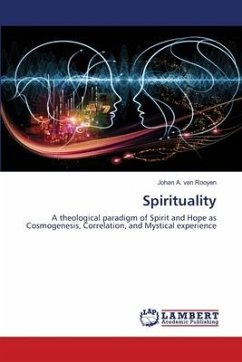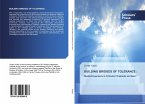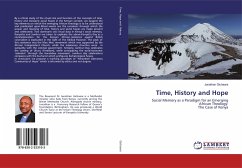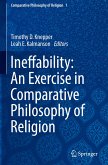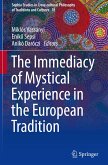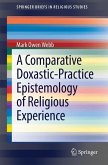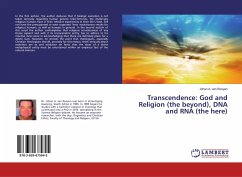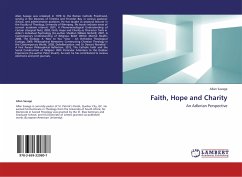Anselm of Canterbury's well-known enunciated expression fides quarens intellectum (faith seek understanding) in his search for the existence of God, forms an especially important belief synthesis with regard to the term spirituality, and everything that is accompanied with the term. Why? Because Anselm's evidence for the existence of God was not there to make the non-believers into believers but rather to explain the mystery of faith in the brain and therefore to enhance the phenomenological sensation of the faith experience. Without the illuminating power of the mind, one stands in awe or it can also disappear into the abyss, especially as it is conceptualised in the religious philosophy. Therefore, it is in this spiritual belief that one receives something from the unknown, as humans then receive something into the unknown, that we open with our minds, something like the softness as cream as Sheila Cussons wrote. The question therefore is: May we open this unknown, described asthis soft as cream, or more paternally ascribe it as spirituality. If so, we then stand in awe to the potential to what spirituality is and only then we do not fade into the abyss of that possibility.
Bitte wählen Sie Ihr Anliegen aus.
Rechnungen
Retourenschein anfordern
Bestellstatus
Storno

